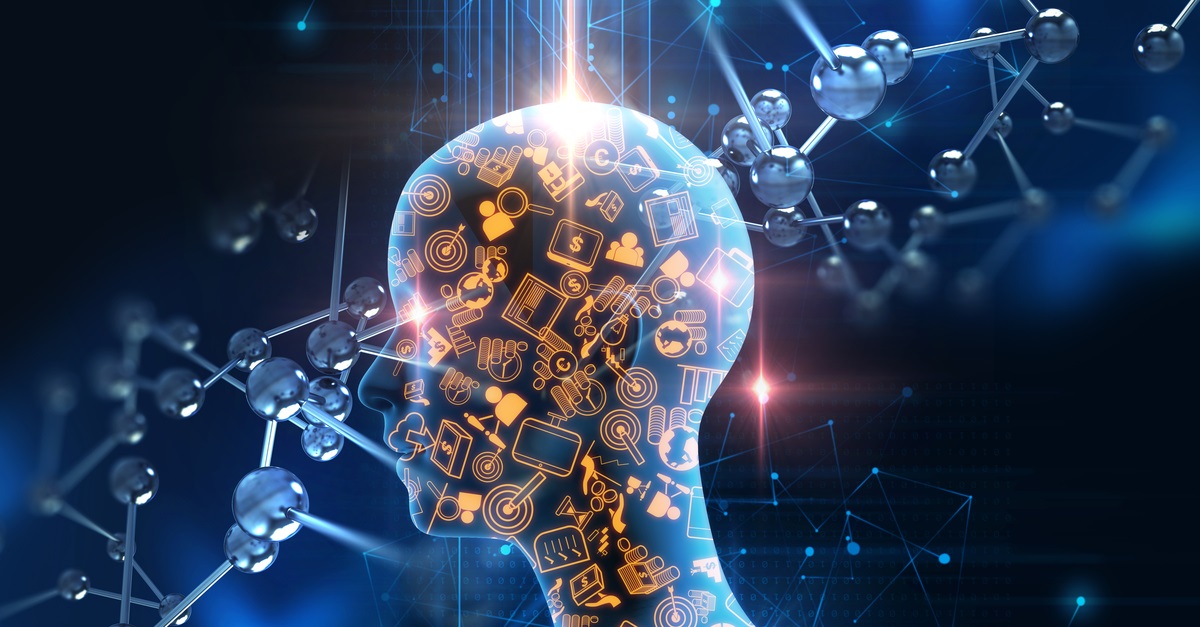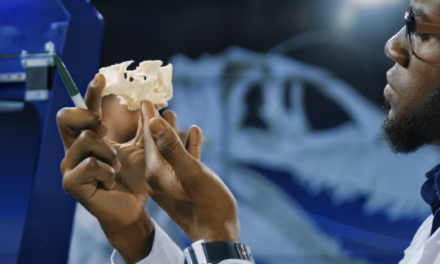
Artificial Intelligence: The Future Awaits
Whatever the future holds, it seems certain that artificial intellegence will have enormous economic, political, moral, legal and personal implications.
To view the full article please register below:
Artificial Intelligence: The Future Awaits
In the first six months of 2016, artificial intelligence (AI) received nearly a billion dollars in investments and is on pace to exceed the total reached in 2015.1 AI may still be in its infancy, but already we see glimpses of its potentially profound effects, from programs that can understand speech to machine learning.
It is a notoriously difficult exercise to predict scientific progress (where are those flying cars?), but undertaking such thought excursions can be both valuable and interesting. Whatever the future holds, it seems certain that AI will have enormous economic, political, moral, legal and personal implications.
Let’s examine a few possible futures for artificial intelligence.
Economic Upheaval
The Bank of England estimates that 48 percent of workers will eventually be replaced by robotics and software automation.2 It won’t be just low-skilled workers losing their jobs; even high paying positions on Wall Street may disappear as traders are replaced by machines using data analytics and algorithms to trade securities.
Like any new technology that displaces workers (e.g., steam engine, automobile, etc.), jobs that never previously existed tend to emerge. The technological advancements to date have led to greater productivity and unprecedented wealth, but that does not diminish the challenge for political leaders to find policy responses that address the economic dislocations that will inevitably arise, without destroying the engine of advancement.
Improving Health
AI is poised to change nearly everything about how our health care system is run and lead to healthier lives.
AI applications are being researched and implemented in a range of areas, including organizing and mining health care records, creating a cognitive health assistant to perform repetitive jobs and accelerating drug creation.
Health care will also become more individualized by developing specific treatment plans, or even by designing therapeutic drugs specific to an individual’s unique body chemistry. This will all be made possible by the sequencing of everyone’s individual genome, detailed medical records and access to clinical studies worldwide.
Achieving Singularity
Most discussions of AI presume a separation between computers and humans. Singularity suggests that these two worlds will merge to make humans smarter, stronger and healthier. Already we see advances in limb replacements that can replicate human movement and the cloning of organs. Imagine the day when our brains are augmented with the knowledge and memory that today only exists on the Internet.
AI will lead to a brave, new world, though it’s likely to be a more gradual process than an overnight phenomenon. Aside from the socio-economic impacts, the emergence of AI may also present investment opportunities.
Sources:
1. http://raconteur.net/business/the-rise-of-artificial-intelligence-in-6-charts
2. http://fortune.com/2016/06/15/future-of-work-2/
See referenced disclosure (2) (3) at https://blog-dev.americanportfolios.com/disclosures/












